
Diana Weber
Lawyer of international law
Rating:
9
December
Obtaining Lithuanian Residence Permit for Foreigners
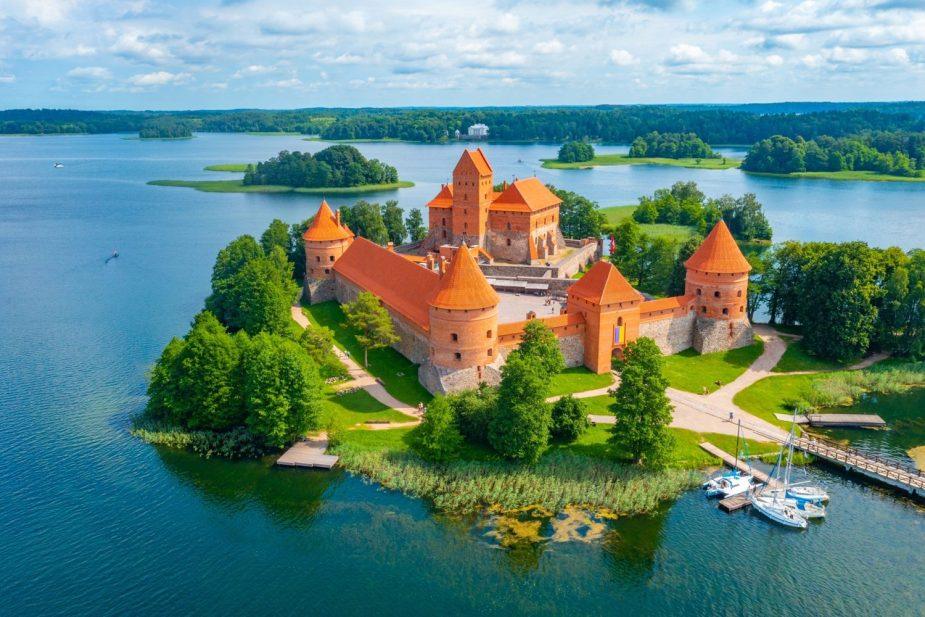
A residence permit in Lithuania is a document with which you can reside in the country for more than 90 days (usually up to 2 years), leave the country and return without opening a visa. Usually, temporary residents get the opportunity to work in the state, seek medical care, study, request reunification with family. In addition to the right to move, the residence permit may provide for your subsequent naturalization and registration of citizenship after 10 years of permanent residence in the country. The Republic of Lithuania is a member of the EU, so immigrants have the opportunity to obtain an EU passport here.
Lithuania provides foreigners with a temporary residence permit and a permanent residence permit. You can become an immigrant if you have a reason to move, for example, you have a job with a local employer, have family ties with the citizens of the country, invested in the economy of the Republic, enrolled in a Lithuanian university, opened or acquired a company. To move, you need to have means for self-sufficiency and a place to live in the country, prove that you have no problems with the law, obtain a health insurance policy and prepare the necessary documents.
There are simplified conditions for citizens of the European Union to move to Lithuania in 2026. With the help of Immigrantinlaw lawyers, you can obtain a passport of another EU country within 12 months and immigrate to Lithuania with it without additional conditions. More information about this is provided by the specialists during a free consultation.
Lithuanian residency entitles you to:
The list of privileges you receive depends on the Lithuanian residence permit option you have chosen. For example, the Highly Qualified Specialist Card (Europos Sąjungos mėlynoji kortelė) allows you to immediately move to the country together with your family members without reunification procedure, as well as to count on mobility (change of employer) within the European Union.
According to Article 40 of the law “Dėl užsieniečių teisinės padėties” (“On the Legal Status of Aliens”), a Lithuanian residence permit may be issued to:
The processing time for a general residence permit in Lithuania is usually up to 90 days. The primary document is issued for a maximum of 2 years, but not longer than your reason for residing in the country is valid (e.g., until the expiry of your work contract). After 5 years of permanent residence in the country you can obtain Lithuanian permanent residence permit, after 10 years - citizenship.
You can request the status of a resident in Lithuania on a limited number of grounds, among which there are no options popular among foreigners, such as the possibility of moving for financially independent persons (including pensioners), by settling down or through the birth of a child. It is impossible to buy the right of residence, but it is possible to execute an immigration document as an investor. The purchase of real estate in the republic does not entitle you to apply for a residence permit, regardless of how much the residential or commercial object costs.
Submit an application form and we'll get back to you!
Children (regardless of their age), parents, legal and de facto spouses of those who reside in the country with residence permit, permanent residence permit or EU passport can move to Lithuania. Relatives and husbands/wives of Lithuanian citizens have the right to immediately apply for a residence permit, provided that they plan to stay in the country permanently. Those who move to the owner of a Lithuanian residence permit will be allowed to stay in the country no longer than the validity period of the host country's residence permit. Kinship ties must be confirmed with metric documents.
The right of residence with the approval of the Lithuanian Ministry of Economy and Innovation is granted to those who intend to create and develop a promising startup in the territory of the country. When submitting a request, it is necessary to submit for evaluation the business plan of the innovative enterprise, to confirm the availability of sufficient funding for its implementation, and to have relevant qualifications in the profile. Within one startup a maximum of 4 co-founders can request a residence permit.
Lithuanian companies may employ a foreigner with the approval of the Employment Service. The authorities first check whether the employment of a migrant is justified and whether there is no possibility of filling the vacancy with domestic labor. Exceptions are provided for representatives of scarce professions, such as construction workers, welders, machinists, electricians, cooks and IT specialists. Foreigners are granted residence and work permits subject to annual quotas if they sign a contract for at least 6 months with a salary not lower than the national minimum wage.
Those who prove by documents that there were or are Lithuanian citizens in their ancestry can get a temporary residence permit for 5 years at once without additional requirements. The price of registration of a residence permit in this case is not relevant: the state duty is not provided for on this basis. You can also immediately apply for the card of a permanent resident of the state, and apply for citizenship on the basis of ethnicity in a simplified procedure.
Lithuania grants temporary residence permits to those who come to the country to study full-time at a university, college or academy. In this case, it is necessary to confirm enrollment in the university with a relevant document, pay for the educational course and prove that you have funds for accommodation and return travel. Student residence permit is also issued within the framework of international student exchange programs, including the mobility of students within the European Union. If your studies are short-term (e.g., language courses), you apply for a national visa rather than a residence permit.
Founders, managers and shareholders of companies registered in Lithuania at least six months ago can obtain a temporary residence permit. The authorized capital of the organization must be not less than 28 000-500 000 EUR depending on the accompanying conditions - citizenship of employees at the created workplaces, the level of average salary, the nominal value of shares. For example, you can come to the republic on a business visa issued for a period of 3 months to a year, open a sole proprietorship and after six months request a temporary residence permit if the company meets the above requirements.
A popular type of residence permit in Lithuania among wealthy foreigners is the residence card for investors. It can be obtained by concluding an investment agreement for the amount of 1,448,100 EUR or more. It is necessary to create new jobs with the income of employees in the amount of 150% of the average monthly salary of the relevant municipality. It is also necessary to belong to a group of companies whose total annual income is at least 2 500 000 EUR for the last 3 years.
Residence permit is also granted for investments from 20 million EUR in the Lithuanian economy (in Vilnius - from 30 million EUR). In addition, it is required to create 150-200 new jobs. Residence permit is granted to employees, shareholders and managers of your project. Investment residency has its advantages, for example, you can immediately open a temporary residence permit for family members without waiting for the reunification procedure.
Like other EU countries, Lithuania does everything possible to protect persons who cannot stay in their home country because of an objective threat to their life or health. You can claim refugee status if there is a war in your country or if you have been subjected to discriminatory persecution. You can also receive additional protection if your return to your home country would have negative consequences. This status in Europe is granted to people who do not qualify as refugees.
Refugees can immediately apply for Lithuanian permanent residence permit. However, humanitarian relocation has its pros and cons. The latter include rare cases of approval of requests, the need to live in a special camp, undergo medical examinations and repeated interviews. Refugees cannot visit their home country, and they are also restricted in their right to work in the country while their request is being considered.
Lithuania provides Europos Sąjungos mėlynoji kortelė (EU Blue Card) to those who intend to work in a position requiring high professional qualifications. You need to sign a contract with a local company for a period of 6 months or more and receive a salary of one and a half times the national average income (3300 EUR per month as of 2025). At the same time, it is necessary to provide a diploma of higher education in the chosen profession and/or proof of specialized experience.
The EU Blue Card is issued without the approval of the Lithuanian Employment Service and is issued in an accelerated procedure - from 15 days to a month. It gives the right to move to the country together with relatives (minor children, parents (usually elderly, retired), spouse or de facto partner).
The right to open a temporary residence permit in Lithuania is granted to:
In each case, the planned activity in Lithuania must be confirmed by documents - for example, a letter of invitation from a church recognized by the Republic or a research organization.
Holders of permanent residence permits and passports of any EU country can immigrate to Lithuania without additional conditions. Upon arrival, you can apply for a temporary residence certificate for yourself and close relatives. After moving, you receive all the rights of local citizens, including the ability to work and run a business without a separate permit from the Employment Service.
With the help of Immigrantinlaw's migration specialists you can obtain a second passport in the European Union within 4-6 months. Make an appointment for a free consultation to find out the details.
Submit an application form and we'll get back to you!
The main requirement for obtaining the right of residence in Lithuania is to have a legal reason to stay in the country for a long period of time (more than three months). You must also:
Additional conditions depend on the reason for obtaining a Lithuanian residence permit. For example, spouses of local citizens need to provide evidence that the family union is not fictitious. This requirement is not always relevant, but the authorities may impose it at any time.
To apply for a temporary residence card in Lithuania, you need to prepare a dossier according to the reason for your move, visit the authorities in person, undergo photo and fingerprinting procedures. You also pay an administrative fee and related costs. Later, the residence permit can be extended if there is still a reason to live in the country and you still meet all the conditions for granting residence.
The general list of documents for an eventual resident of Lithuania includes:
In addition, you provide proof that your move to Lithuania is justified. For example, the dossier is supplemented with an employment contract, metric documents (marriage/birth certificate), certificate of enrollment in an educational institution. Documents issued abroad must be officially translated into Lithuanian, apostilled or legalized if required.
You can move to Lithuania by obtaining a passport of any European Union country - this can be done under a simplified program with the help of international law experts. Immigrantinlaw specialists undertake the tasks of document collection taking into account the requirements of the EU countries, which makes the immigration procedure easier for you and guarantees its successful completion. You can learn more about the benefits of working with Immigrantinlaw during a free consultation.
The fee for submitting a request for a Lithuanian residence permit is as follows:
In addition, you pay for the services of a notary, interpreter and migration specialists. The cost of residence permit extension is the same as the cost of initial registration.
Application for extension of temporary residence permit in Lithuania is submitted not later than 1 working day before the expiration of the current document, but not earlier than six months. You resubmit the required documents and pay the administrative fee. The decision on the extension of your status is made within 2 months in the regular procedure or within maximum 30 days in the accelerated procedure. The period of validity of the renewed residence permit depends on the grounds, but does not exceed 4 years (e.g., when children are reunited with their parents in the territory of the Republic).
Long-term (permanent) residence permit in Lithuania is generally issued after 5 years of legal and continuous residence in the country. Refugees, persons of Lithuanian origin, family members of a local citizen can apply for it immediately. The conditions for granting a residence permit are the same as the requirements for residence permit, but additionally you pass a language test and an exam on the knowledge of the Constitution. You can apply for Lithuanian citizenship by naturalization after 10 years of total legal stay in the country - for this you must be law-abiding, well-off and integrated into society.
In 2025, Lithuania tightened regulations related to residence and work permits for third-country nationals: quotas were reduced, oversight strengthened, and new rules introduced for processing applications via external service providers.
The 2025 reforms made the path to residence in Lithuania stricter and more formalized — with reduced quotas, higher requirements for applicants and employers, and tighter controls by both external providers and national authorities. For those planning to relocate, it is essential to prepare thoroughly and submit a complete application package.
Get more information about the peculiarities of immigration to the EU at a free consultation
Those who jeopardize state security or public health are not entitled to reside in Lithuania. A residence permit is also denied to a person who has been entered into the Schengen Information System as a person undesirable for entry or suspected of intending to immigrate illegally. In addition, a residence permit will not be granted in case of non-compliance with any of the conditions for its granting - it may be a lack of finances or lack of health insurance. Often applications are rejected because of technical issues - the presence of a mistake in the documents or the submission of an incomplete file.
The reason for refusal to extend or cancelation of the Lithuanian residence permit may be the provision of false personal information. The residence permit is no longer valid if the reason for residence in the country disappears, for example, you divorced a local citizen or lost your job. Also, the permit is not renewed if you have debts to the state budget (for example, taxes). You can immigrate to Lithuania with the support of Immigrantinlaw international legislation lawyers. Sign up for a free consultation to move as early in 2026.
Obtaining Cyprus Residence Permit for Foreigners
3 February
A residence permit in Cyprus is a document with which you can reside in the state from a year to...
Obtaining Hungarian Residence Permit for Foreigners
27 September
A residence permit in Hungary is a document with which one can temporarily stay in the country on a legal...
How to Get Citizenship of Belgium
26 July
Belgian citizenship means a legal connection between a person and the state, which is confirmed by the presence of mutual...
How to Get Сitizenship of Germany
15 April
German citizenship is a legal status of a physical person, confirming his stable mutual relationship with the state, which is...
How to Get Citizenship of France
6 December
French citizenship is the legal relationship between you and the country. This status endows you with a certain list of...
How to Get Сitizenship of the Czech Republic
26 June
Czech citizenship is the political and legal connection between a person and the state, which is expressed in a list...
Discover
new opportunities
with a European Union passport!
Submit the application form and we will call you back!
Leave a request
Contacts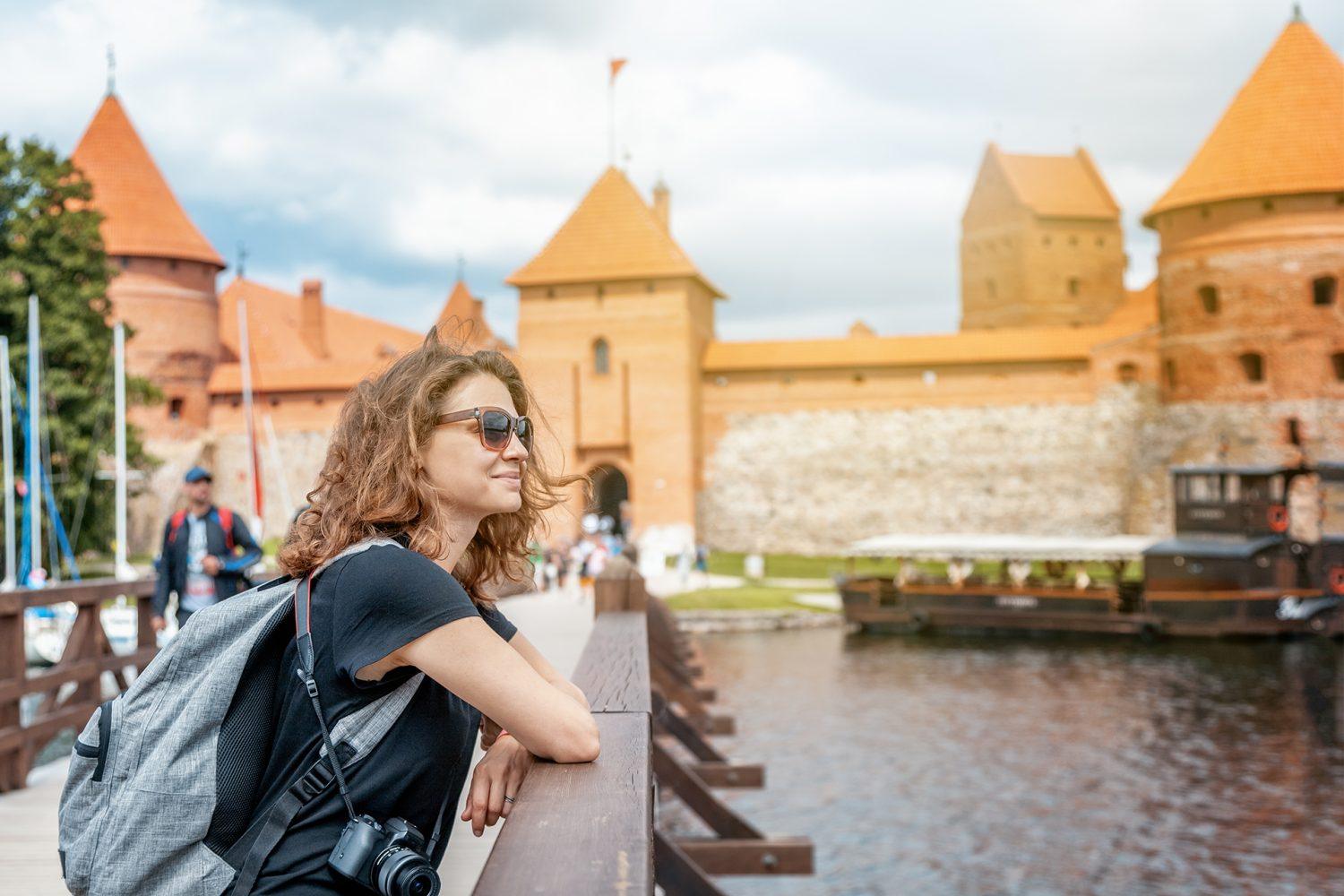

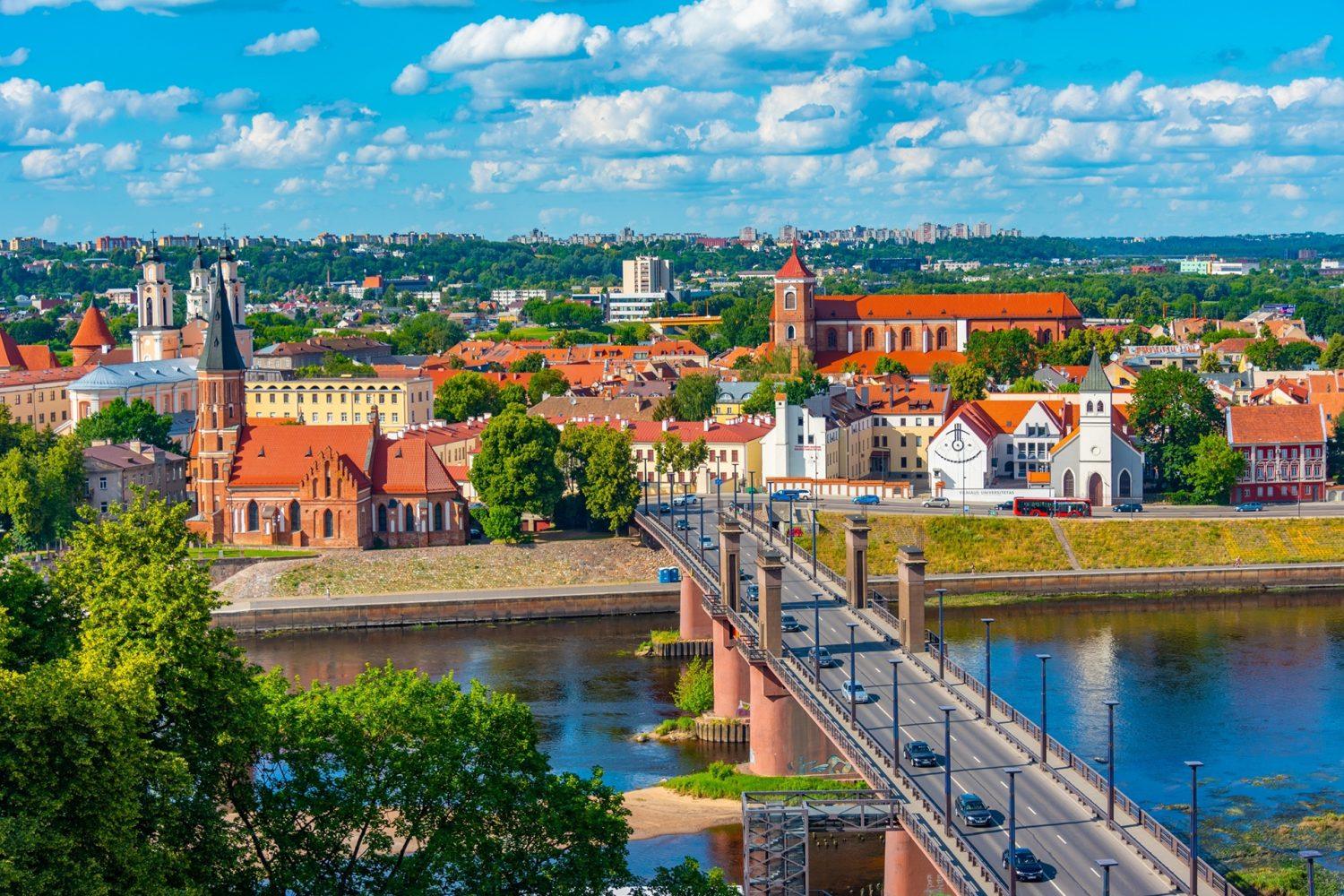

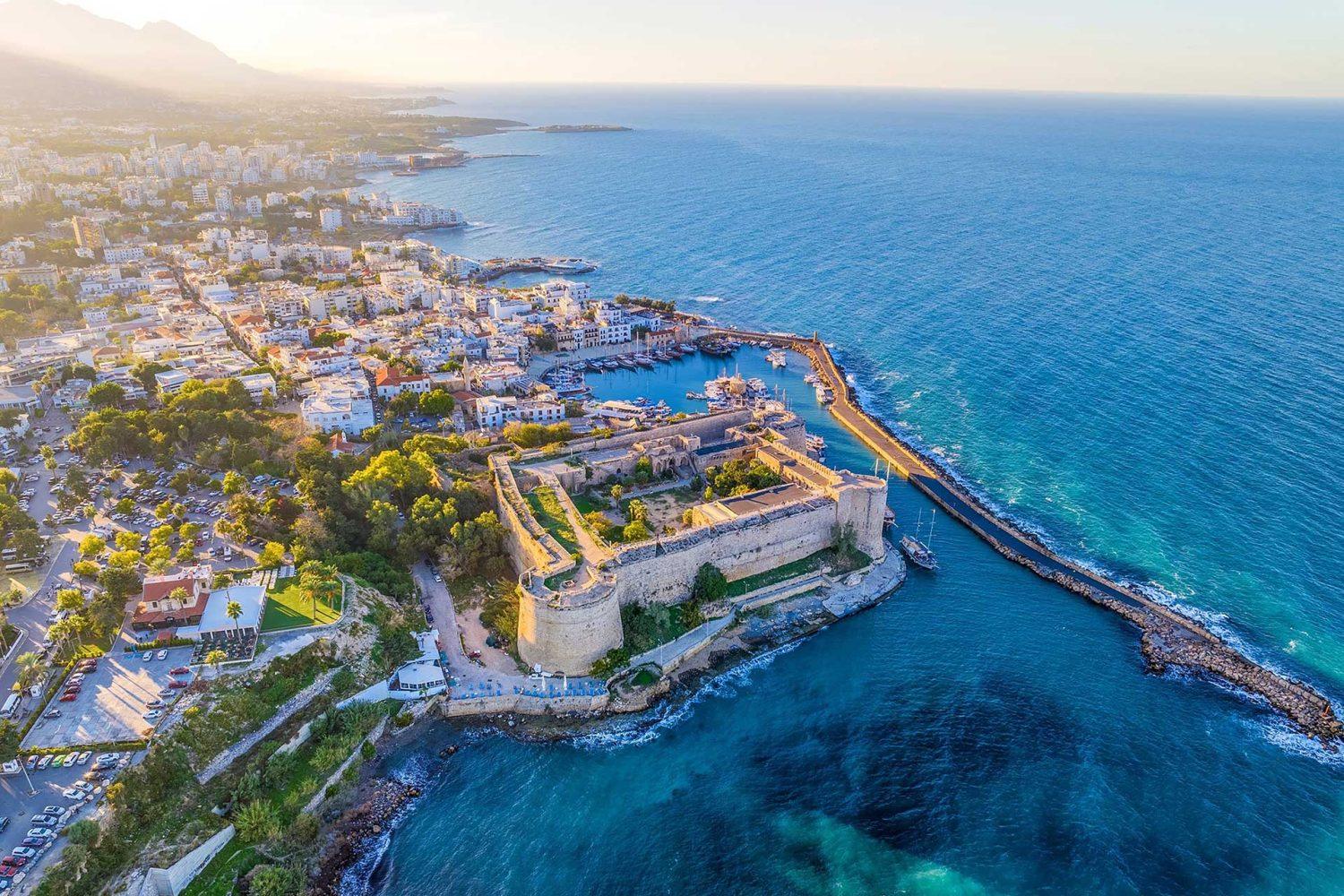
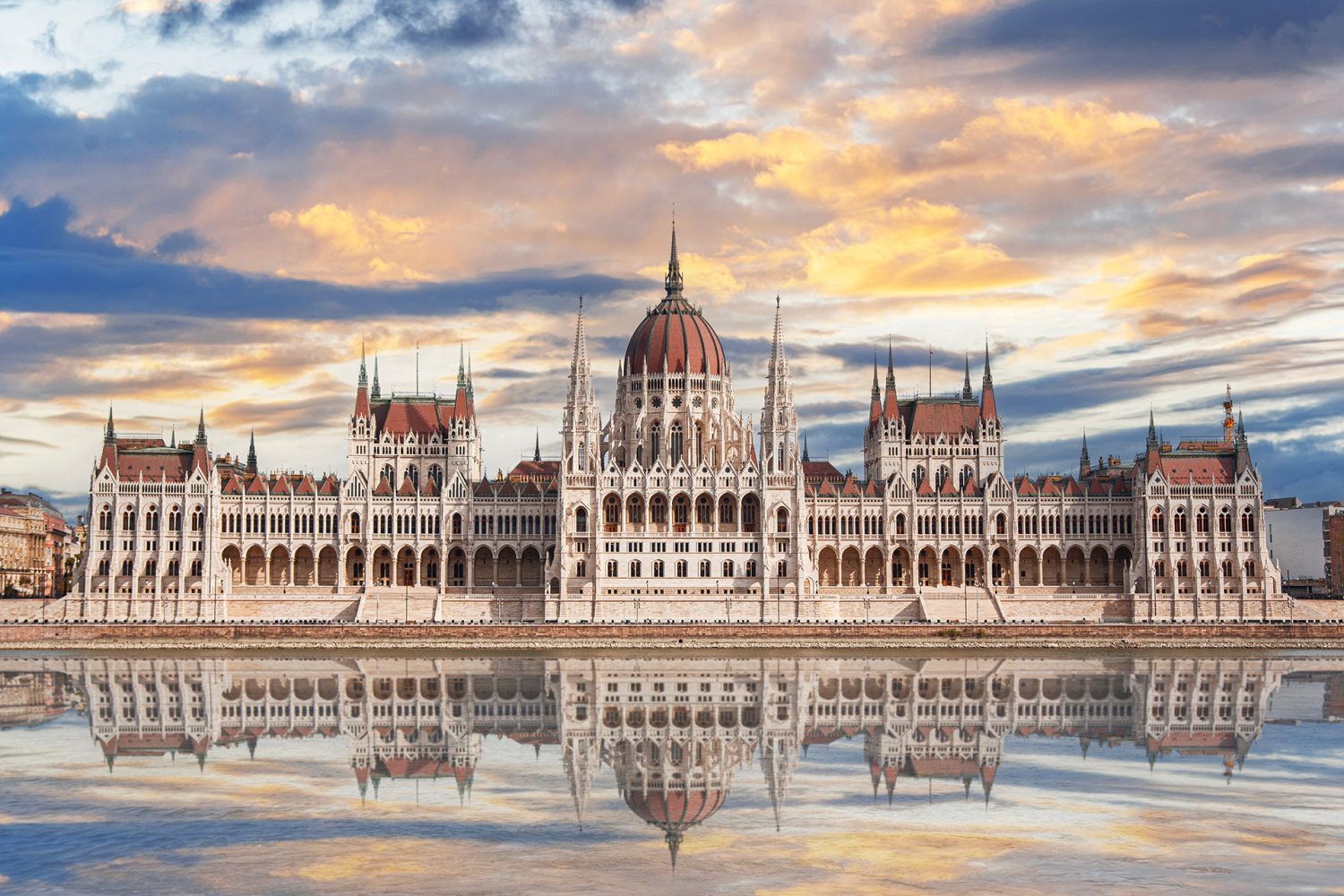
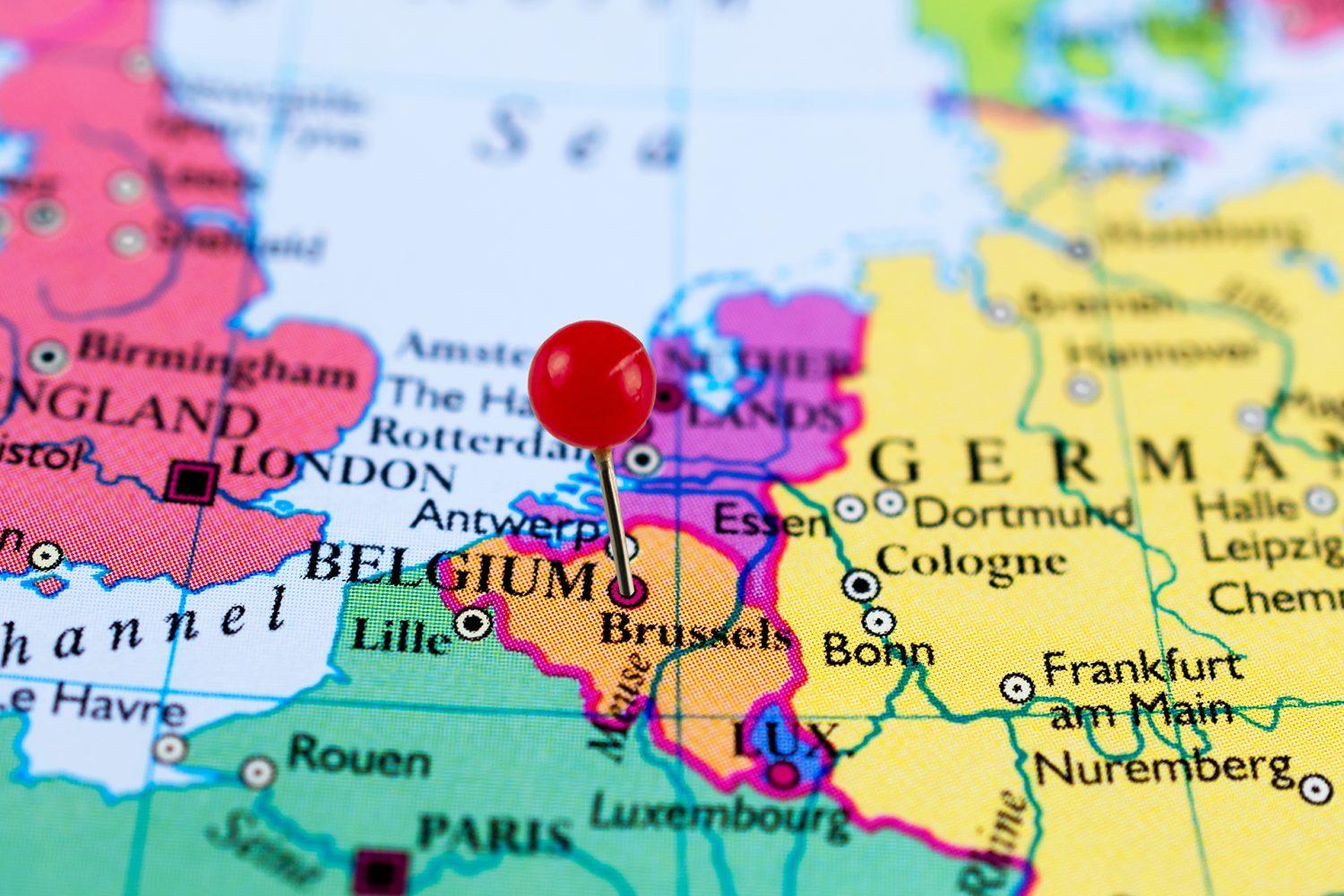
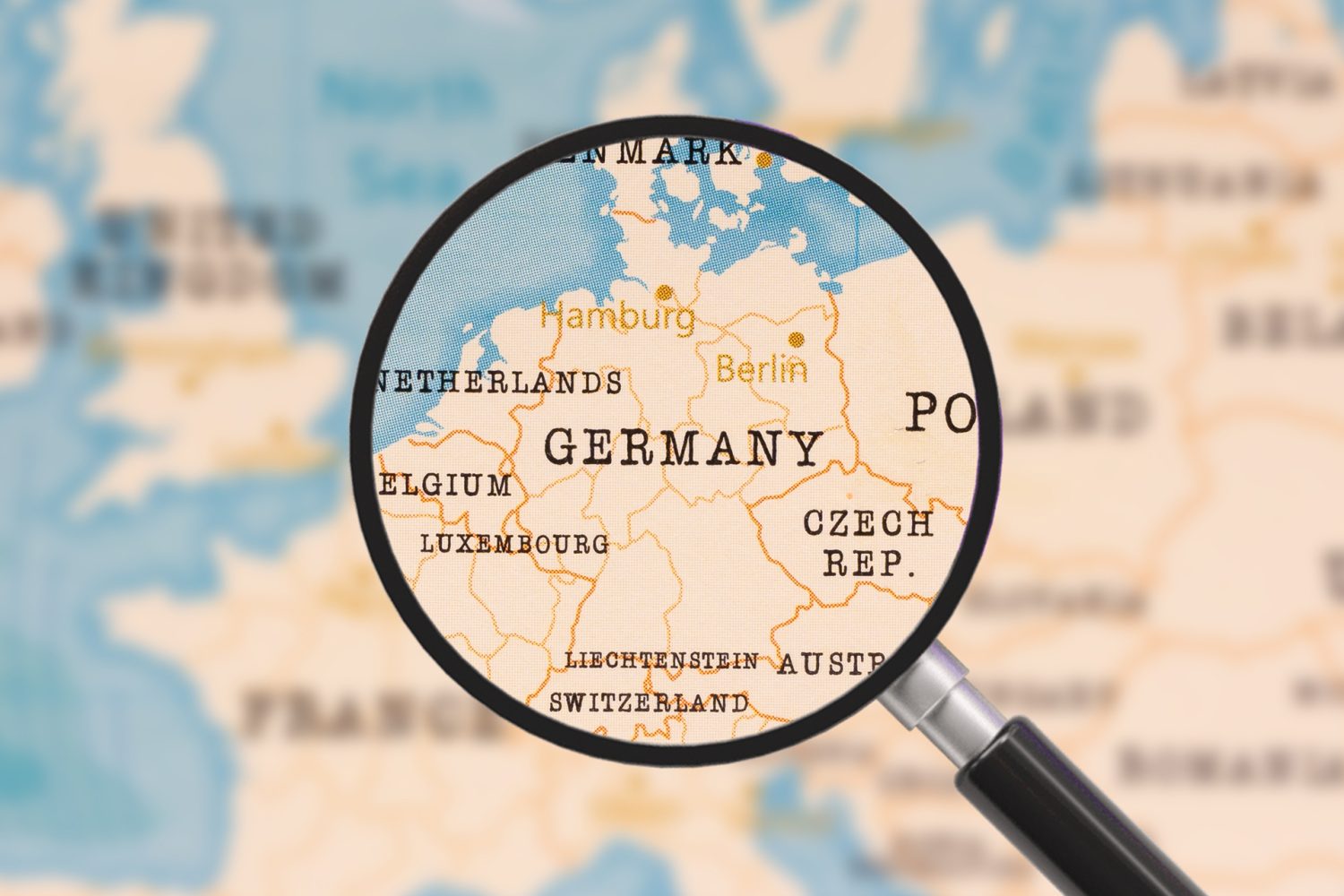
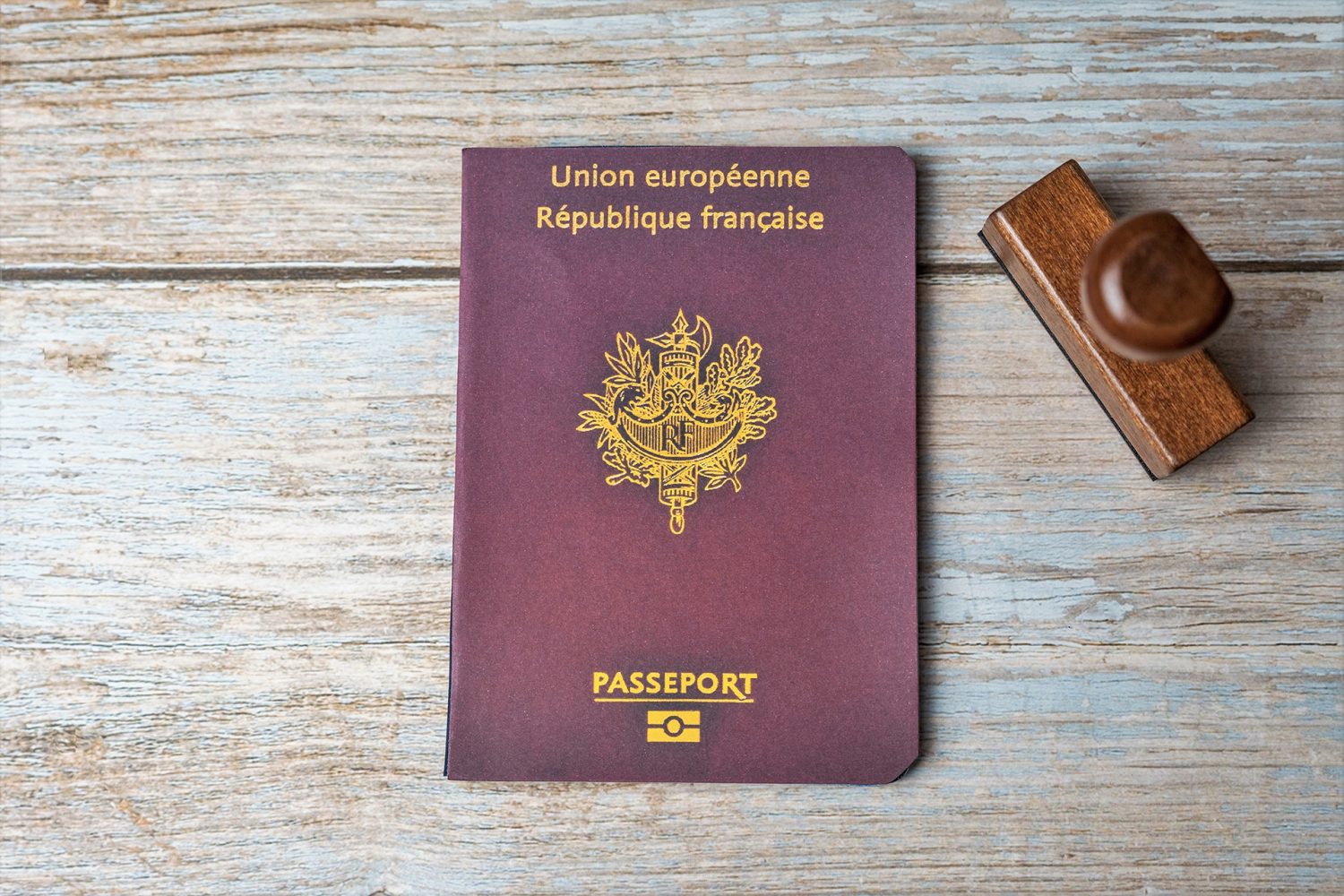
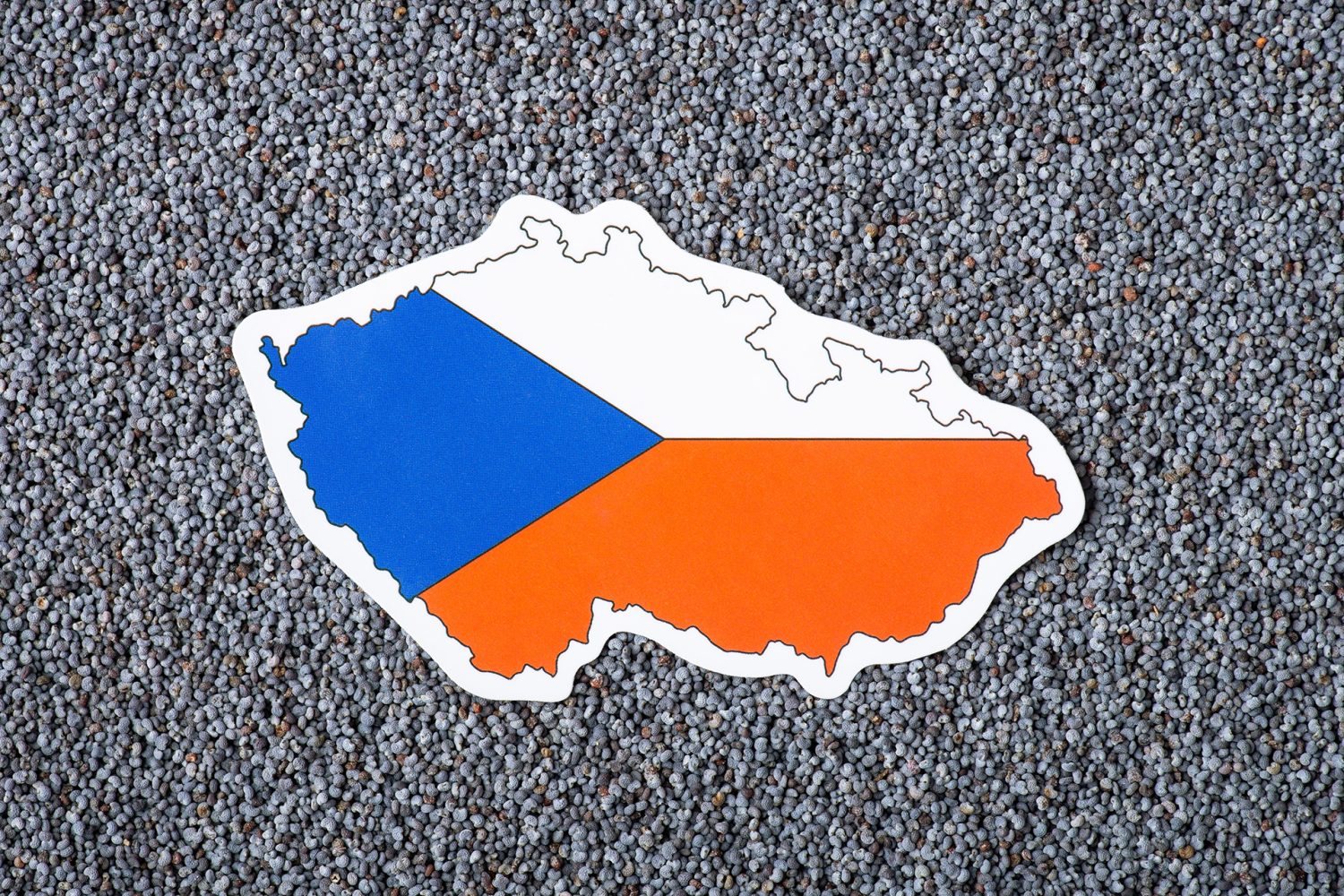

Dahir
Subject: Inquiry about Residency in Lithuania
Dear Diana Weber
I am an EU citizen and would like to obtain residency in Lithuania.
I currently live outside of Lithuania. Is it possible to get residency without having an address in Lithuania?
If the necessary , how can i get in Lithuania address?
I work in another EU country and have health insurance.
Thank you for your assistance.
Best regards,
Dahir
Diana Weber
Dear Dahir,
Thank you for your inquiry. To obtain residency in Lithuania, you generally need a local address for registration. If you currently do not have one, you may consider renting a property or obtaining a formal agreement with a property owner in Lithuania.
Additionally, if you are interested in simplified ways of obtaining an EU passport, there may be specific programs or pathways available depending on your background and circumstances. I would be happy to provide a consultation to guide you through these options and the residency process in Lithuania.
Please let me know how I can assist further.
Best regards,
Diana Weber, an international law specialist.